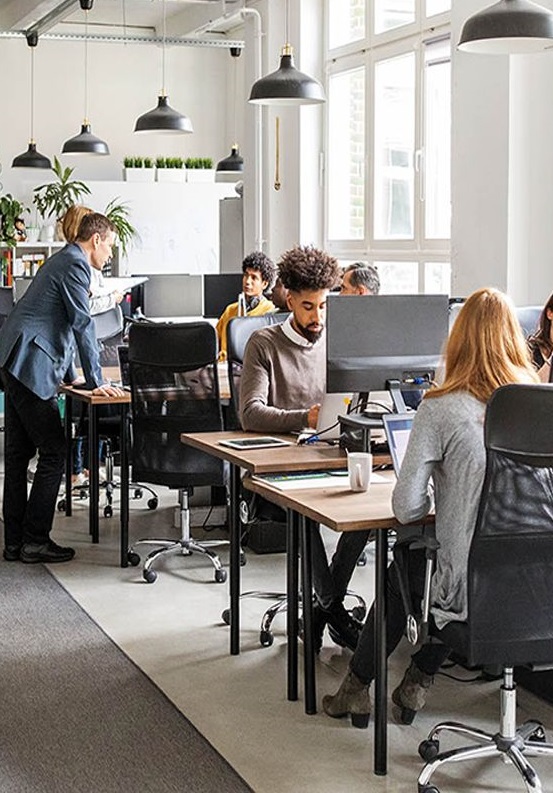Data from over 85,000 teenagers (through an analysis of several studies of teenage sleep) showed that different forms of technology use (e.g., televisions, computers, phones –and even video gaming) were related to later bedtimes. The more frequently adolescents used technology in the evening, the later they went to bed. Using technology often may increase alertness and/or reduce the ability to recognize sleepiness at night. Thus the teenagers keep playing, surfing, texting, and chatting, resulting in delayed bedtime.

